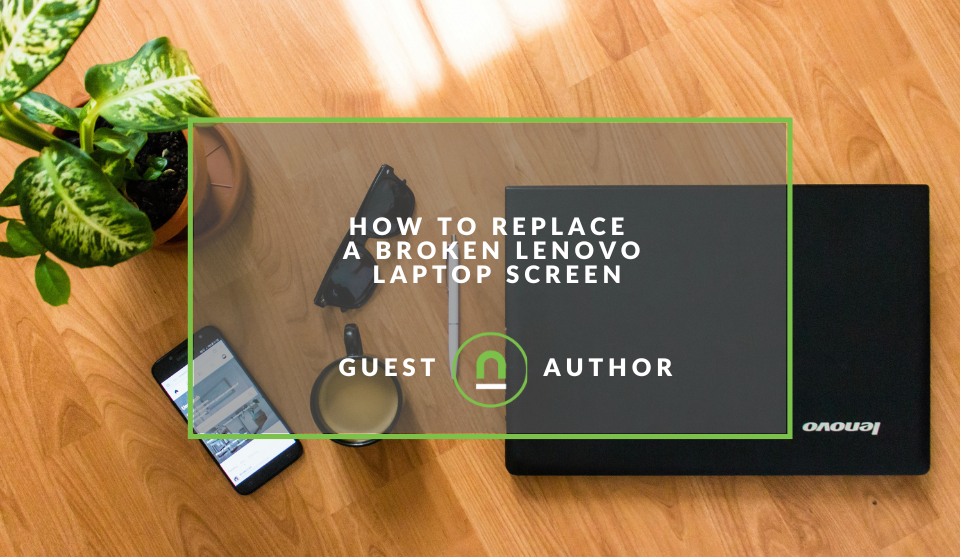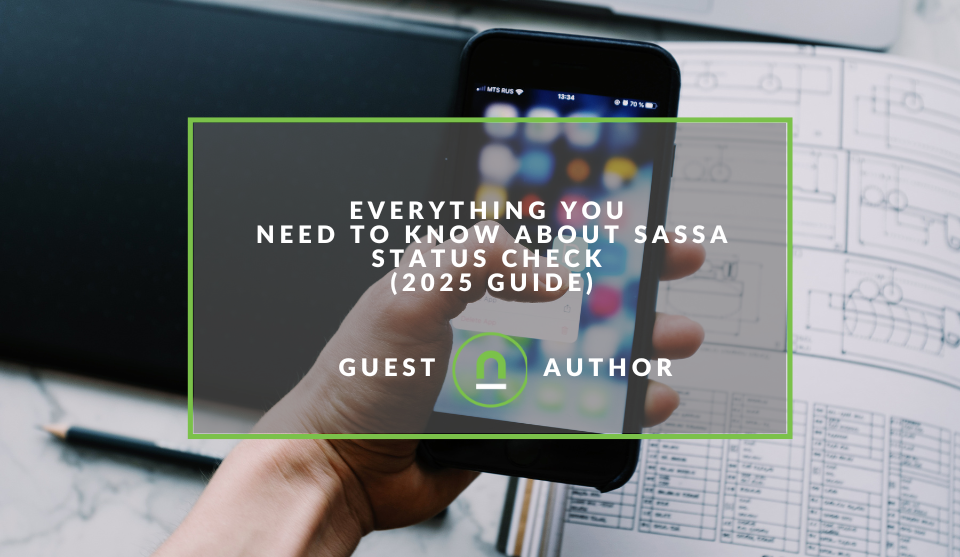Recent posts

Geek Chic
How to Replace A Broken Lenovo Laptop Screen
24 April 2025

Money Talks
Everything You Need to Know About SASSA Status Check
13 April 2025

Mind, Body & Soul
The Genetic Diversity of Cannabis Seeds
12 April 2025

Money Talks
How Small Businesses Can Leverage Blockchain Technology
02 April 2025
Popular posts
Extravaganza
Trending Music Hashtags To Get Your Posts Noticed
24 August 2018
Geek Chic
How To Fix iPhone/iPad Only Charging In Certain Positions
05 July 2020
Extravaganza
Trending Wedding Hashtags To Get Your Posts Noticed
18 September 2018
Money Talks
How To Find Coupons & Vouchers Online In South Africa
28 March 2019
What you need to know about invoicing in South Africa
20 February 2019 | 0 comments | Posted by Uwe Dreissigacker in Industry Experts
Uwe is the CEO and founder of InvoiceBerry. In today's post, he takes us through all the considerations and applications for invoices in South Africa.
Invoicing is an essential part of any business. When it comes to getting paid, there is no better process for businesses and freelancers alike than invoicing for the provided goods or services.
Why?
Simply put, invoices allow you to keep track of financial transactions, have evidence of sales, protect yourself for record keeping purposes, and a lot more.
Of course, this is just the tip of the iceberg.
As good as those benefits are, electronic invoices have a whole plethora of more advantages - mainly tracking your invoices digitally and having a better management system. While the standard invoice is printed on paper, e-invoices have the advantage of being more convenient and overall, more efficient.
If you’re serious about your finances and accounting, you need to seriously consider adopting an electronic invoicing system as part of your accounting strategy to boost your revenue.
But if there’s one thing that could be said about invoices it’s that their regulations and laws are different in each region.
To make sure your business stays within the law, you’ll need to know the local regulations that affect you directly. Better safe than sorry.
So, in this guide, we’ll be looking at some of the South African invoicing regulations and details you need to know to make sure you don’t break any laws and stay on top of your finances. Be sure to read on if you want to make sure your invoices are correct and within the law.
Invoice vs Tax invoice - what’s the difference?
Often times, taxes are a very complicated matter for most businesses. After all, the devil is in the details. So, what is the difference between the two, exactly? As the name implies, an invoice is a document that entails all transactions for a given period and the specific amount to be paid. This document shows all the transactions (charges, payments, refunds, date, etc.) for a given period it was generated in and acts as a proof of payment.
A tax invoice, meanwhile, is a legal document that a seller submits to a customer in which the tax is included. Generally speaking, a tax invoice and a regular invoice might look alike, but there are some slight differences. Mainly, a tax invoice should also include:
- The words “tax invoice” inside the document clearly displayed.
- Seller’s identity and business number information.
- Invoice date, description of items, their quantities, price.
- Foreign currency invoice (FCI) stamp (if applicable).
Different countries usually have different requirements for what a tax invoice should contain. For South Africa, your invoice and credit notes must follow the P&G global invoicing guidelines (Source).
Photo by
Value-Added Tax (VAT)
Now that you know the above difference, there is one other thing you need to know - value-added tax. This is a type of indirect tax on the consumption of goods and services in the economy. More specifically, the tax is applied to a specific product whenever any value is added, such as the product’s production and final stage. VAT is usually charged at each stage of the production and distribution process. Because of this, it is proportional to the price charged for the goods/services.
VAT essentially allows the end-user to only pay for the cost of the product minus any other material costs that have already been taxed by the time it gets to the consumer.
For example, if your company creates shoes in a particular VAT region (
To sum up, VAT:
- Generally applies to transactions related to goods and services.
- Is proportional to the price charged for these items.
- Is charged at each stage of the production/distribution process.
If you run a business within South Africa, you are required by law to include 15% on all required prices, you are entitled to claim back any VAT incurred while running your business (input VAT), and most VAT returns need to be completed every two months.
Get started with InvoiceBerry
We're excited to announce that nichemarket and InvoiceBerry have partnered up to help South African businesses make their invoicing easier. Sign up to InvoiceBerry and use our promotional code "NICHEMARKET" to get 50% off your first 6 months.
About the author
Uwe is the CEO and founder of online invoicing software InvoiceBerry. The software was specifically made with small business owners and freelancers in mind. When Uwe isn't busy providing the perfect invoicing experience to his customers, he's often travelling around the world and exploring new places, cultures, and dishes.
Tags: invoicing , finance
You might also like
The Role of Customer Service in Selecting a Forex Broker
29 March 2025
Posted by Cornelia Ekong in Money Talks
Discover why excellent customer service is crucial when choosing a Forex broker, and learn how to evaluate support quality before committing your cap...
Read moreHow Small Businesses Can Leverage Blockchain Technology
02 April 2025
Posted by Nicholas Tay in Money Talks
Unlock growth with blockchain! Discover how small businesses can use this tech for secure transactions, supply chain transparency and innovative solu...
Read more{{comment.sUserName}}
{{comment.iDayLastEdit}} day ago
{{comment.iDayLastEdit}} days ago
 {{blogcategory.sCategoryName}}
{{blogcategory.sCategoryName}}
invoicing-south-africa.jpg)
